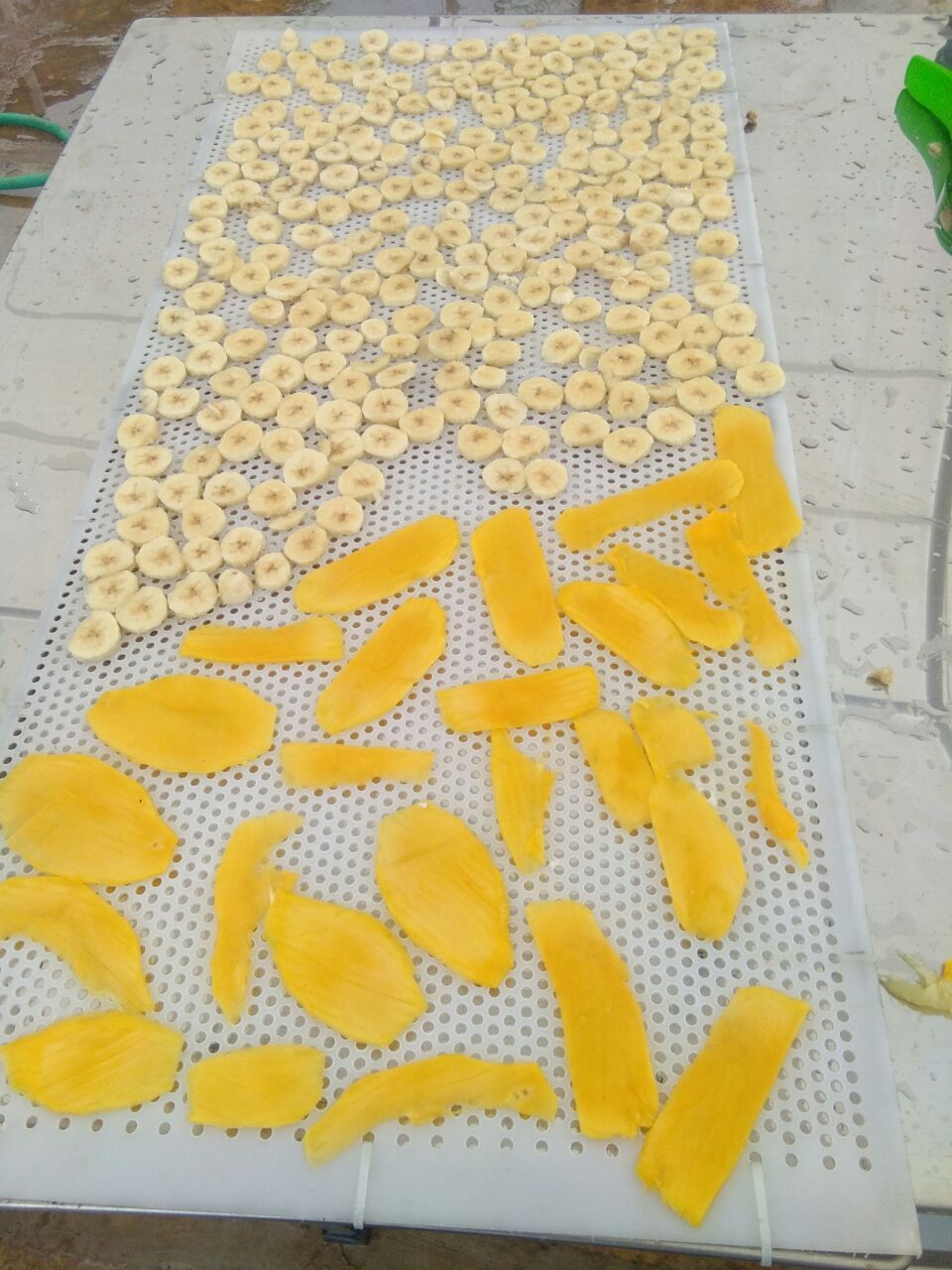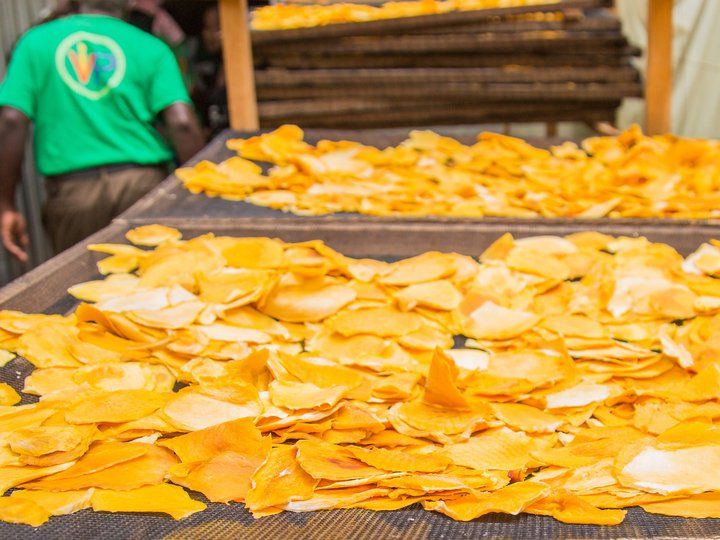On-Farm Food Drying
Related Videos
Related News & Events
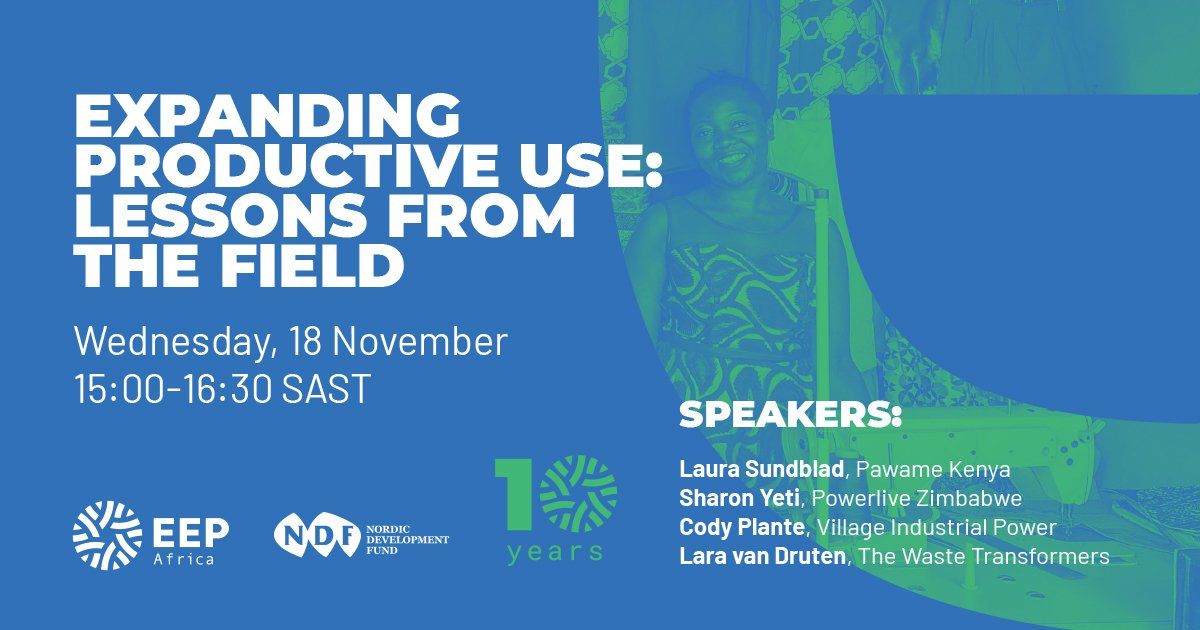
Village Industrial Power's Director of Operations, Cody Plante participated in EEP Africa Knowledge Week in November 2020. He was one of four panelists for the session, 'Expanding Productive Use: Lessons from the Field'. He was able to speak about the importance of providing linkage to high value markets for dried crops in order to facilitate adoption of productive use energy technologies.
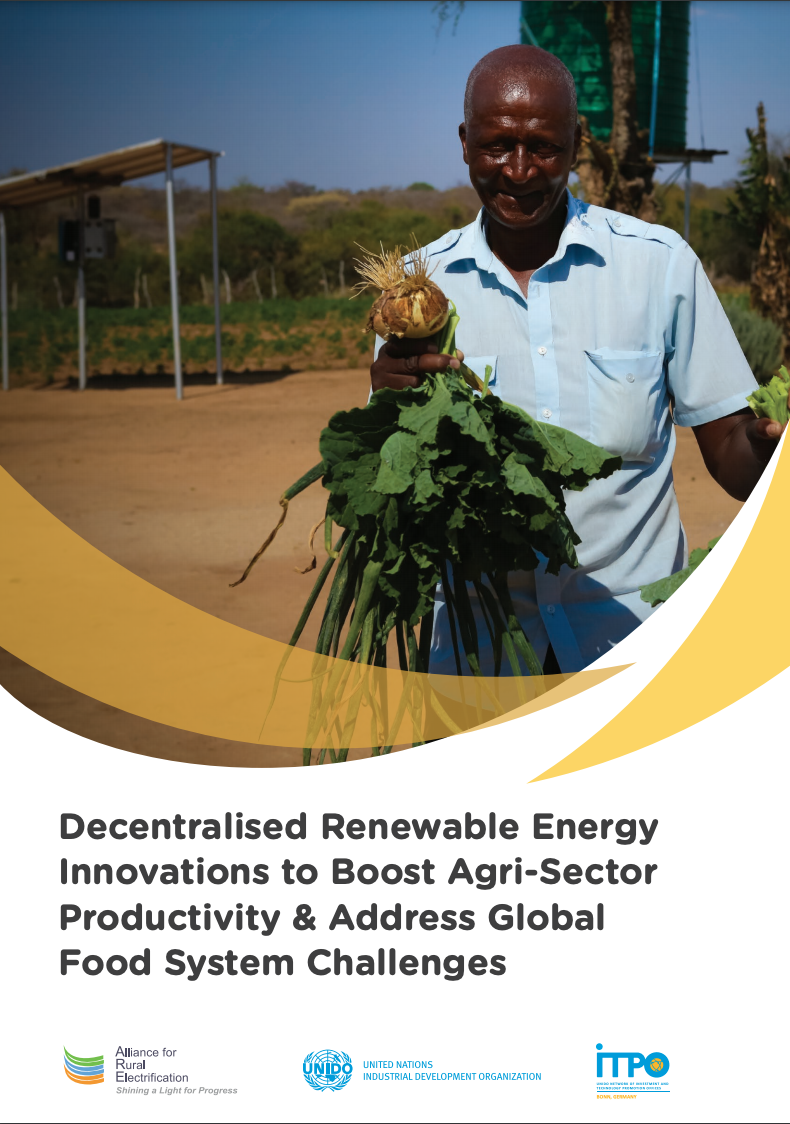
VIP Case Study Featured in Joint ARE UNIDO Publication on Decentralised Renewable Energy Innovations
Village Industrial Power's on-farm crop dehydration project in Kenya (partially funded by EEP Africa) was recently featured in this joint publication with the Alliance for Rural Electrification and United Nations Industrial Development Organization.
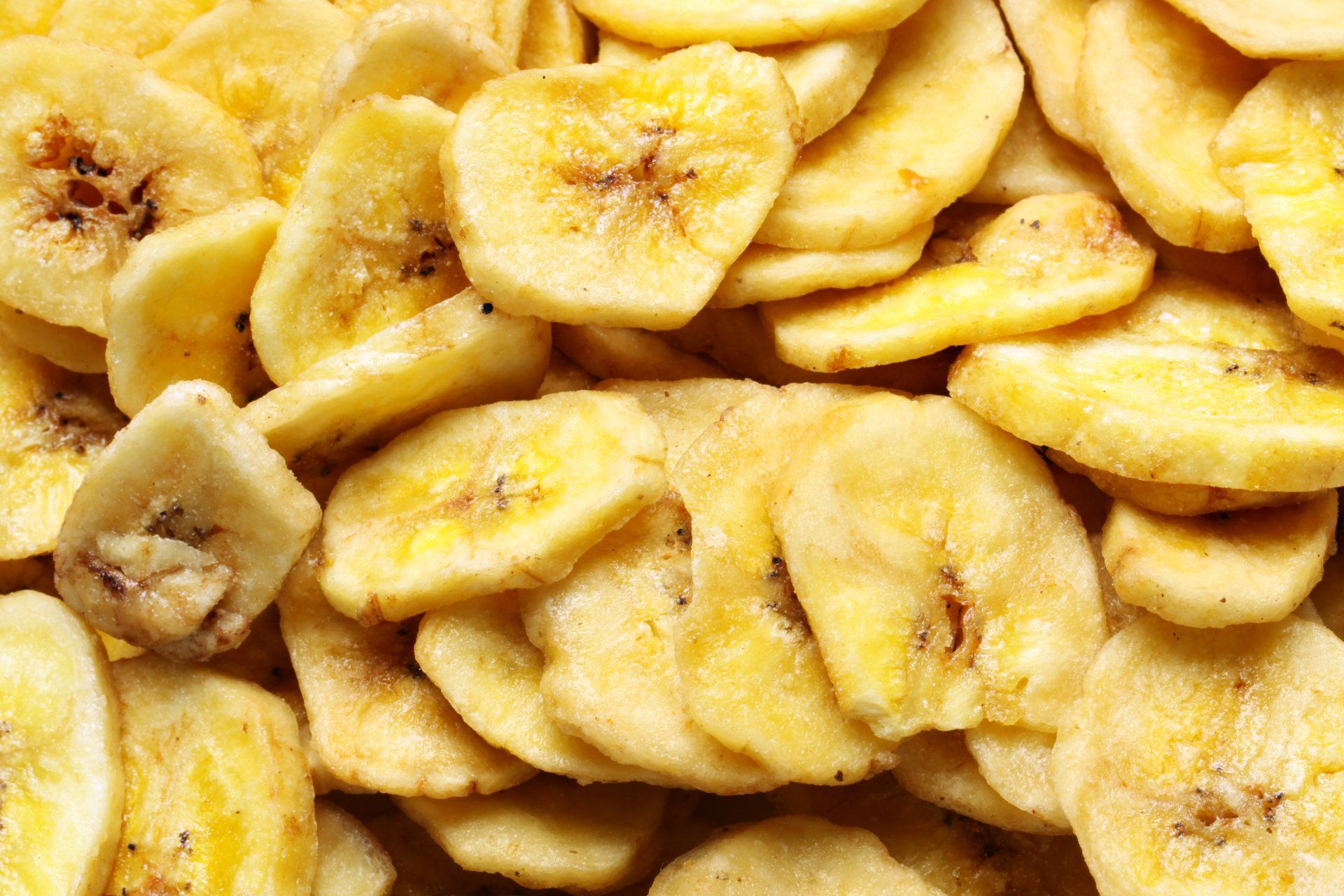
On June 12th, 2020 Village Industrial Power donated one thousand packages of dried bananas to Heritage Home, located in Machakos, Kenya to help provide a healthy and delicious snack to the children currently living in the orphanage. The children loved the dried banana, although it was something entirely new to them. They liked its sweet taste and some children were perplexed and wondered if it had been laced with sugar. On a personal level, our visits to the orphanage made us reflect on life in terms of how at times we take things for granted which others struggle to get. For these kids even getting the basics of life such as food, shelter and clothing are a challenge. Heritage Home is a not-for-profit organization that was established out of a compassionate heart for orphans and vulnerable children within the community. Heritage Home Vision: To be a comprehensive, care, protection, empowerment and transformation children/youth centre. Heritage Home Mission: Transforming lives of orphans and vulnerable children through care, providing quality education and teaching them the words of faith. Heritage Home provides several services to help better the lives of orphans and vulnerable children, some of these services include: Guidance & Counseling Shelter & Food Security Education & Arts Farming & Agriculture
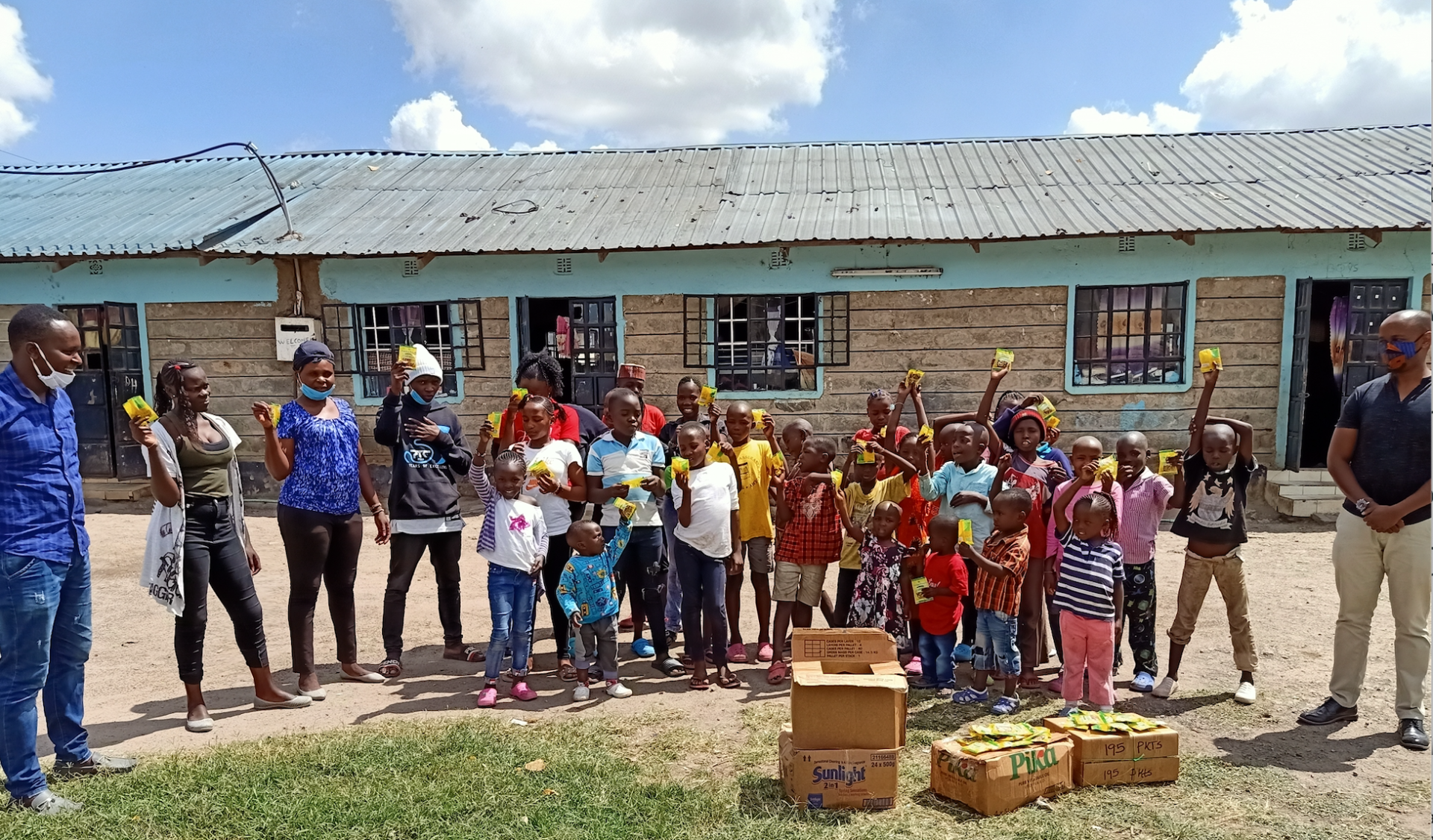
On June 26, 2020 members of the Village Industrial Power team visited Liberty Children's Home where we donated donated 1,000 packages of our dried bananas. It was a wonderful experience to able to see the smiles on the children's faces. They loved having us there to visit as the children to not receive visitors often, and loved the dried bananas even more! The Liberty Children's Home was created to cater for orphans destitute and vulnerable children. The Liberty Children's Home received the first 25 children in May 2005 through the support of friends. The homes core mission is to provide the OVC with necessary support, including education, food and home based care and shelter. Quick Facts: Number of Children: (6-18 years old) 50 Children Total 20 Girls 30 Boys Education Spread: University 3 High School 18 Primary 29
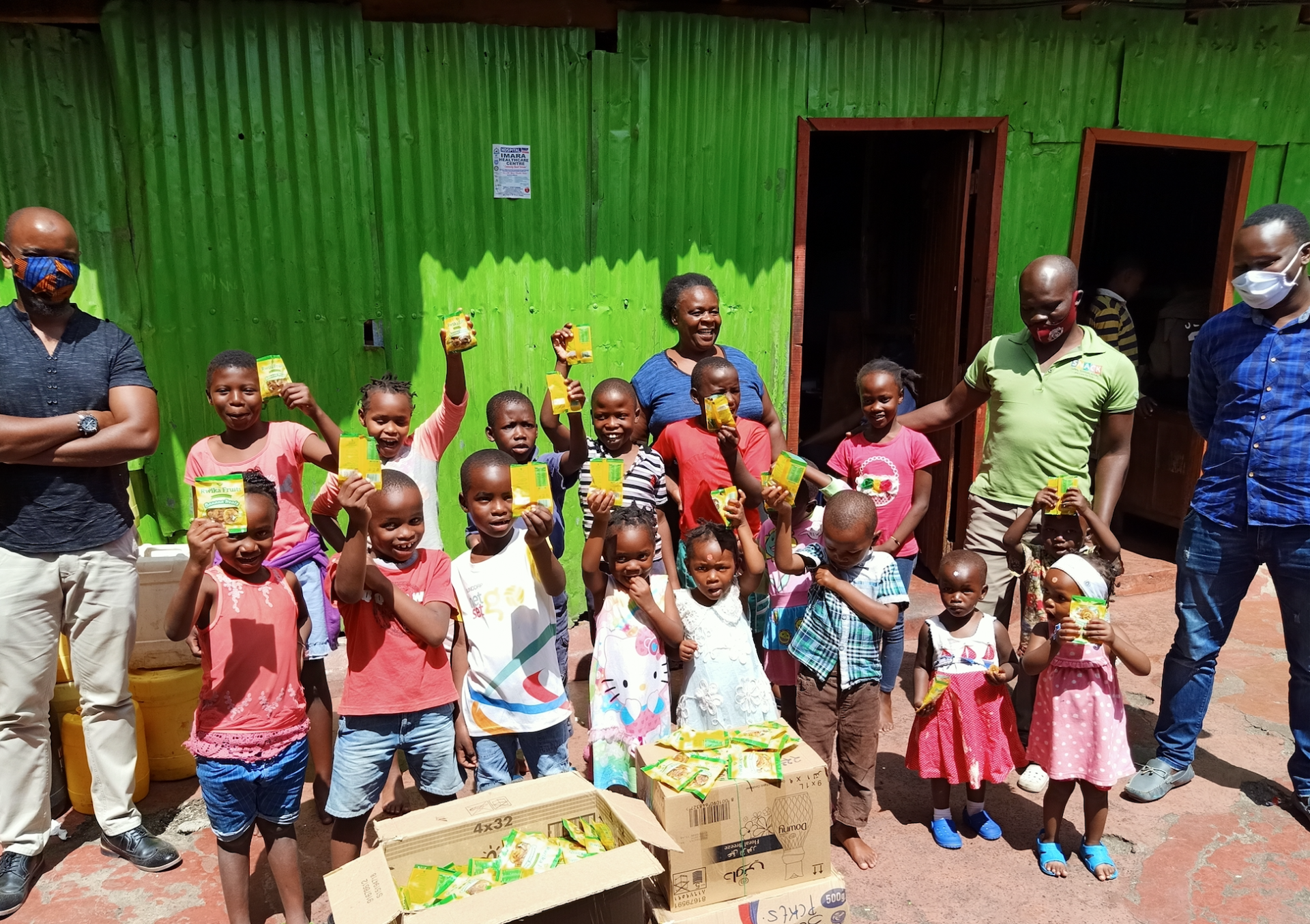
On June 27, 2020 members of the Village Industrial Power team visited Tamani Rescue Centre, based at the Mukuru kwa Njenga slum. As part of our visit to the Tamani Rescue Centre, we donated one thousand packages of dried bananas to help provide smiles and a healthy snack to the children residing there. The children were quite welcoming, hospitable and warm. They do not get guests very often so they are always happy to see new faces. They actually hoped that we could have spent more time with them and even done an in depth tour of their home(s) but unfortunately we could not do so due to the new rules set in place due to the COVID 19 pandemic. The Tamani Rescue Centre is a non-profit organization that helps provide orphans with basic living necessities as well as putting a large focus on the importance of primary and secondary education. Tamani Rescue Centre Mission: To feed and care for the orphans of the world.




